Afghanistan Economic Outlook
May 2023

Afghanistan Economic Outlook, is a creative initiative of the Afghanistan Economic and Legal Studies Organization (AELSO) which reflects most important & the latest economic events that happened during a month in Afghanistan.
By reading this economic newsletter, that has designed in three languages (Pashto, Dari & English), you can get a wider overview of Afghanistan’s economic situation.
Construction of 39 Industrial Parks Underway: MoIC
The Ministry of Industry and Commerce said that the construction of 39 industrial parks is underway in various provinces of Afghanistan.
Speaking at a national and international symposium held in Kabul, a spokesman for the MoIC, Akhundzada Abdul Salam, said that Afghanistan is self-sufficient in producing 50 types of materials.
“The Ministry of Industry and Commerce (MoIC) has made achievements in increasing capacity. Afghanistan reached self-sufficiency in producing 50 types of materials including 15 types of medicine,” he said.
This comes as the Ministry of Labour and Social Affairs said that the improvement of the industrial sector is important for the creation of jobs in the country.
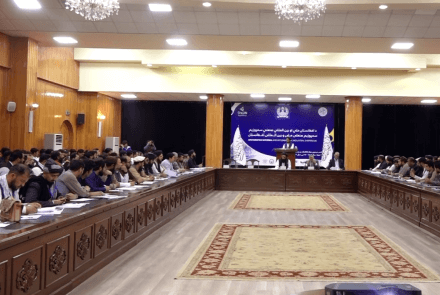
“Industrial development is very important in the country’s economy. All of us are trying to develop the country and improve the industry of our country,” said Abdul Wahid Fayiz, an official of the ministry.
Meanwhile, the acting head of the Technical and Vocational Education Training Organization, Ghulam Haidar Shahamat, said that efforts are underway to improve technical study in the country.
“We need professional and technical people for the extraction of mines, people were not trained in the past 20 years. We need to improve our modern and technical education,” he said.
Based on the statistics of the Ministry of Industry and Commerce (MoIC), Afghan exports abroad reached nearly $2 billion in 1401.
China And Qatar Seek to Invest in Gas, Oil Sectors: MoMP
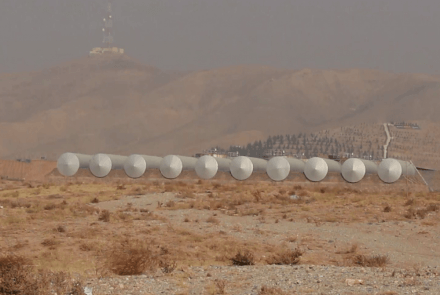 The Ministry of Mines and Petroleum said that China and Qatar are interested in investing in the oil and gas sector in the country.
The Ministry of Mines and Petroleum said that China and Qatar are interested in investing in the oil and gas sector in the country.
Homyaoon Afghan, a spokesman for the MoMP, said that representatives of these two countries have met four times with the acting Ministry of Mines and Petroleum regarding oil extraction in the past month.
“We have had four meetings with Qatari and Chines investors, there were also Turks involved in the other side, and they wanted to invest in Afghanistan’s various mines and minerals, especially in the oil and gas sector,” said Homyaoon Afghan.
According to the officials of the Mine and Petroleum Ministry, Qatar has good experience in oil extraction.
“As you know, Qatar has large oil and gas reserves and has good activity and experience in this sector,” said Homyaoon Afghan.
Meanwhile, the Chamber of Commerce and Investment asked the De facto governmentto consider national interests when entrusting mines to foreign investors.
“Our request is that in entrusting mines to investors, the national economic interests of Afghanistan’s reserves should be considered and then it should be handed over to a company that has the capacity,” said Mohammad Younus Momand, acting head of the Afghanistan Chamber of Commerce and Investment (ACCI).
So far, Mes Aynak in Logar and the Amu Darya oil region have been handed over to Chinese companies, but MCC China has not yet succeeded in extracting copper from Mes Aynak.
First Air Cargo Company' Begins Operations in Kabul: Ministry
The Ministry of Industry and Commerce said that the country’s “first air cargo company” began operations today (Saturday) at Kabul Airport.
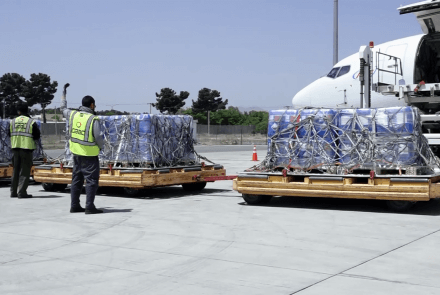
Speaking at the opening ceremony, Nooruddin Azizi, the acting Minister of Industry and Commerce (MoIC), said that the activity of the company will play a significant role in increasing the country’s exports.
The company, which will serve as the country’s hub for the transportation of commercial and transit commodities, first imported 18 tons of non-alcoholic soft drinks.
“Maybe air transportation will be the least expensive, fastest, and most reliable way of transportation in the next ten years,” said Shirbaz Kaminzada, head of the Afghanistan Chamber of Industry and Mines.
“We reassure all Afghans that commerce, export, and transit are operating regularly and that there are no issues in this area. Act with assurance when conducting business. There are no issues with our transit with Pakistan, and both import and export transit is going on,” said Mohammad Yunus Momand, head of the Chamber of Commerce and Investment.
Officials from the air cargo company reaffirmed their readiness to transport the export and import goods of traders both inside and outside the nation.
“Almost 18 tons were transported in a direct flight. These were non-alcoholic drinks produced and sold in Afghanistan,” said Abdul Karim Arefi, head of the company.
The company’s officials noted that its ground transit operations will begin soon.
Recent Chinese Investment, Contracts Worth $2 Billion: MoIC
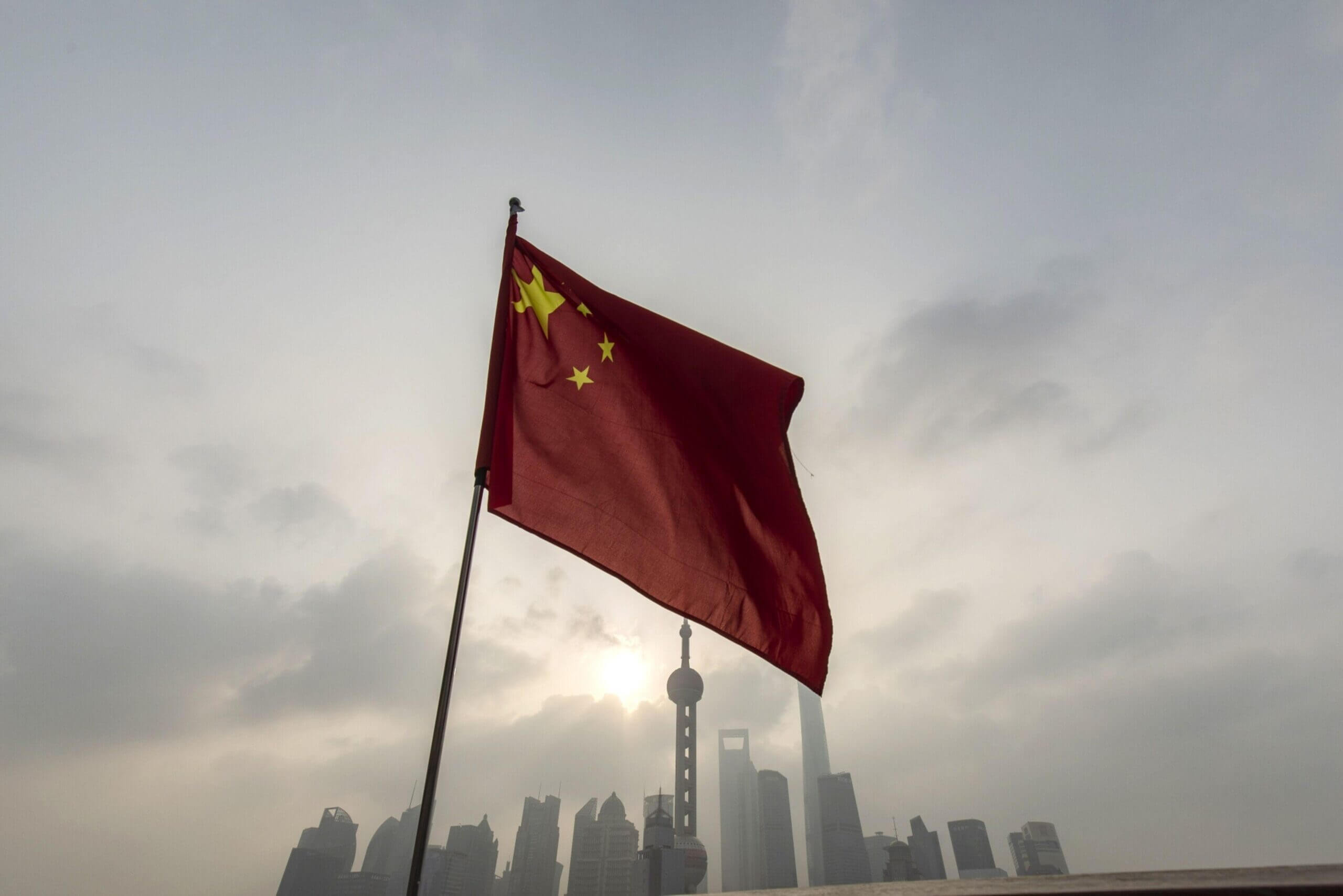
The Ministry of Industry and Commerce said that China has signed investment contracts in various areas worth around $2 billion after the collapse of the former government in Afghanistan.
A spokesman for the MoIC, Akhundazada Abdul Salam Jawad, said that there has been Chinese investment in the extraction of mines, services at airports, as well as in industrial parks.
“The contracts have been signed for the extraction of mines, in areas of providing services at the airports, and the formation of industrial parks. Practical work has begun and total investment is reaching $2 billion. There will be contracts for the modernization of customs offices and other areas with foreign companies,” he said.
This comes as the head of a union of Chinese companies, Yu ming hui, said that more than 20 companies are active in Afghanistan currently.
“There are … 21 companies active in various parts of Kabul,” he said.
A number of Chinese investors on Saturday held a meeting with the deputy Minister of Industry and Mines.
“I think that China wants to influence the politics of Afghanistan through a window of economic cooperation and undermine the role of its major rivals in Afghanistan’s politics,” said Shakir Yaqobi, political analyst.
China has signed contracts for major projects in Afghanistan within the last decade including with the Mes Aynak copper mines and Amu Darya oil projects
Exhibition Showcasing Domestic Products Held in Kabul
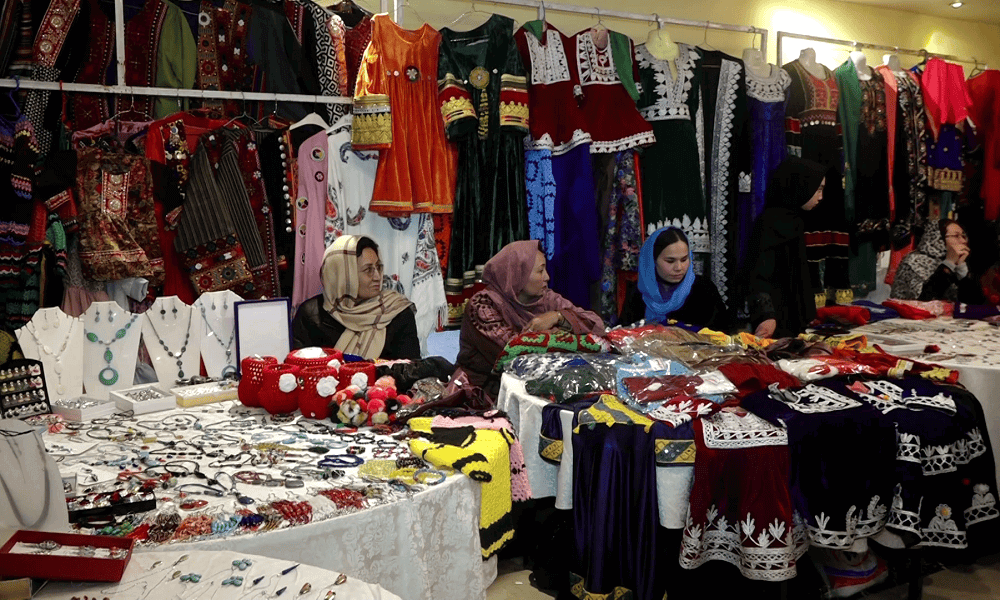 At the “Kabul International Exhibition,” traders were able to sign contracts for their products.
At the “Kabul International Exhibition,” traders were able to sign contracts for their products.
At the exhibition, 600 companies selling wares like carpets, jewellry and dried fruit were featured, and women participated.
“They signed agreements between themselves and there were governmental contracts and private sector contracts that were signed with foreign organizations,” said Rafiullah Hamad, the exhibition organizer.
“It was a good opportunity to show our domestic products and for people to get to know domestic products, and the consumption of domestic products should become normal,” said Sakhi Ahmad Payman, first deputy of the Chamber of Industry and Mines.
Some businesswomen said that holding such exhibitions is beneficial for selling and marketing their products and handicrafts.
Sudaba Behroz is a businesswoman, and she has been running her business for one year. She wants to hold exhibitions at an international level.
“We were able to do marketing and attract customers and also we were able to get some orders. It was good for us,” said Sudaba Behroz.
“We got more contracts, we got more orders, we were introduced to more people, they saw our products,’ said Zarghona, a businesswoman.
Meanwhile, some participants said it is difficult without more foreign buyers.
“Domestic production companies are not able to have contact with foreigners,” said Shoyeb, a trader.
“In raising the level of the country’s economy, the culture of our country plays an important role,” said Zahir Zuhor, a visitor.
At the exhibition 100 women participated and they displayed their handmade products
Direct flights between Afghanistan-China resume after three years
Direct flights between Afghanistan and China resumed on Wednesday when an Ariana Airlines plane left Kabul for Urumqi, China.
Officials of the Ministry of Transport and Aviation say that the start of direct flights between Afghanistan and China will have a positive effect on the country’s economic and trade relations.
The head of Ariana Airlines Rahmatullah Aghan says that the company plans to purchase more planes in the near future.
The head of the Afghanistan Chamber of Commerce and Investment Mohmmad Younos Mohmmand says that the De facto governmentwill create a trade market for the Chinese in Afghanistan.
The Chinese consul general in Kabul said that economic and trade relations with Afghanistan are developing day by day.
He added that the level of trade between the two countries is more than one billion dollars annually and there are good opportunities for Afghan businessmen in China. He also said facilities have been created in Afghanistan for Chinese businessmen and investors.
However, the officials of the Chinese embassy in Kabul say that currently the amount of trade between Afghanistan and China reaches one billion US dollars.
The consul of the Chinese Embassy in Kabul, says that: “We resumed the flight from Kabul to Urumqi, and I see this as progress in Afghanistan-China relations, which both countries are committed to further strengthening.”
This Chinese diplomat adds that in the meeting of the foreign ministers of China, Pakistan and Afghanistan held in Islamabad, it was emphasized on the development of economic relations with Afghanistan and the strengthening of trade cooperation and the connection of Afghanistan, as well as the initiation of infrastructure projects in cooperation with the countries of the region, and it was also agreed that Trade relations between these three countries should be further strengthened.
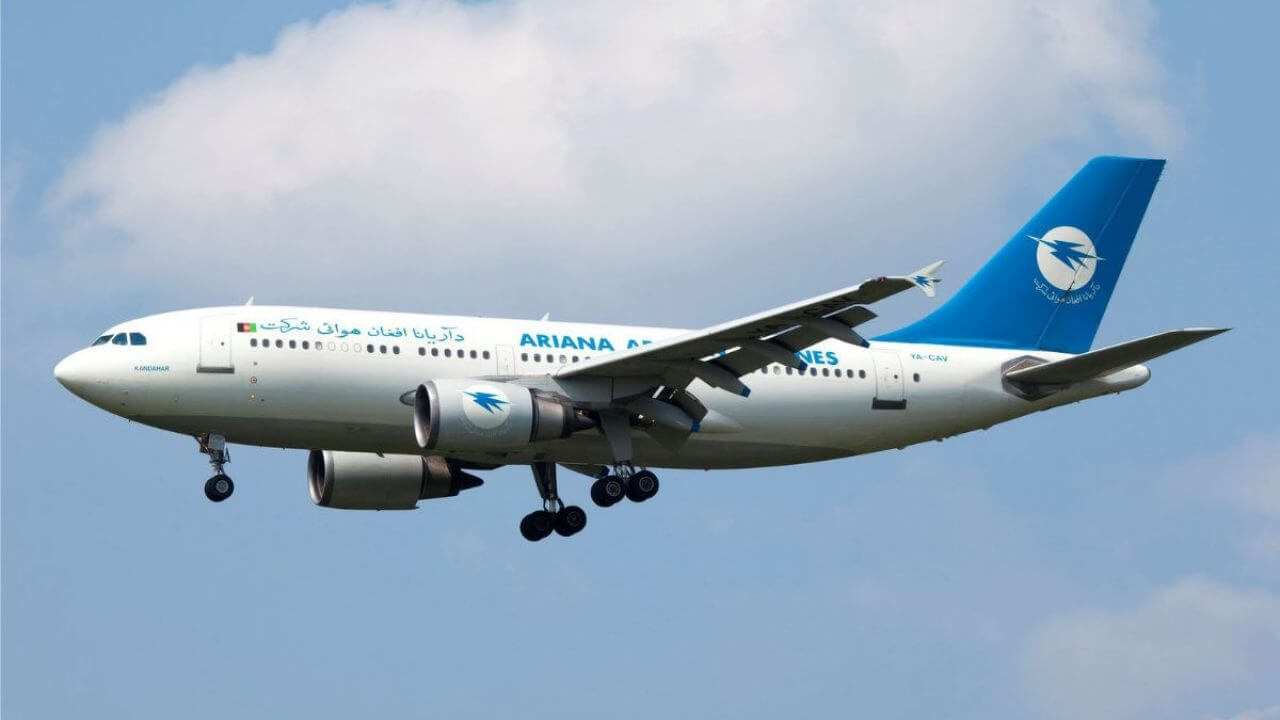
Foreign ministry says CPEC project will help boost economy
Zia Ahmad Takal, the spokesman of the Ministry of Foreign Affairs of the Islamic Emirate, says that by connecting to the China-Pakistan Economic Corridor (CPEC), Afghanistan will be able to connect to the countries of the region and Europe and continue to attract investment.

Takal said that with the advent of security in the country, it is now necessary to implement large projects, including projects such as CPEC.
China-Pakistan Economic Corridor is a framework of regional connectivity.
CPEC will not only benefit China and Pakistan but will have a positive impact on Iran, Afghanistan, Central Asian Republic, and the region.
“Afghanistan will play a key role in connecting the countries of the region. Considering the geographical location of Afghanistan, it is a very important point, especially for Asian countries, which can be used in the connection and transit of the region,” Takal said.
“De facto governmentof Afghanistan has provided investment grounds for the international community and regional countries to invest in Afghanistan and implement their projects,” he said.
This comes after the recent tripartite meeting of the Foreign Ministers of the Islamic Emirate, China and Pakistan in Islamabad, where it was announced that Afghanistan would be included in this key project.
In a statement issued after the meeting, the group noted the importance of continuing economic cooperation with Afghanistan and the implementation of TAPI, CASA-1,000 and railway projects. Pakistan’s Foreign Minister Bilawal Bhutto Zardari and China’s Foreign Minister Qin Gang stated that the purpose of Afghanistan’s inclusion in CPEC is to continue economic cooperation with Afghanistan.
The de facto government of Afghanistan has said that being included in this project would be highly beneficial to Afghanistan as it would allow for improved import of goods and for export of domestic products.
The China-Pakistan Economic Corridor (CPEC) is part of China’s initiative called “One Belt One Road”, which China is hoping will connect regional countries and boost trade.
Mullah Baradar: Soon we will have sufficient domestically produced electricity
Mullah Abdul Ghani Baradar Akhund, Economic Deputy of the Prime Minister, on Thursday said that soon Afghanistan will have sufficient electricity, produced locally, to service the country.
Speaking at the opening of the Kabul International Expo on the occasion of “Industry Week” he said industry and production are the backbone of the country’s economy.
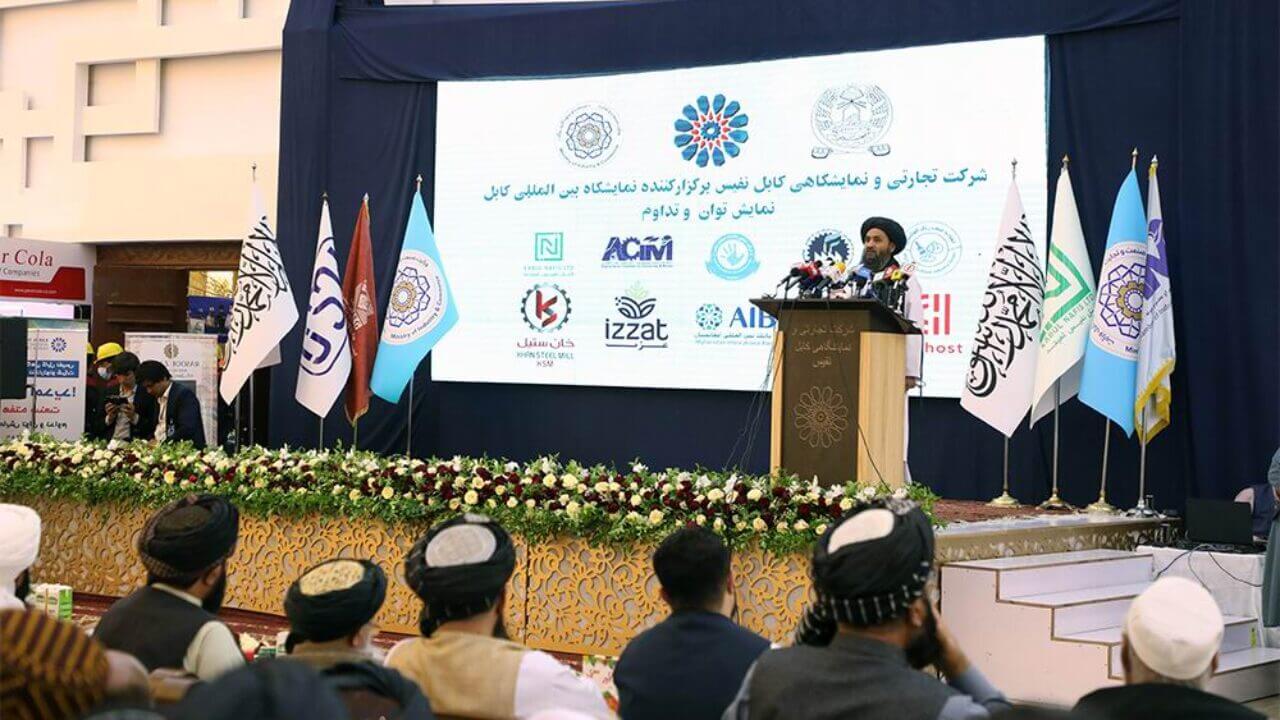
“Electricity is necessary for industry and production, so I am giving good news to all citizens and especially industrialists that soon we will have sufficient domestically produced electricity,” Baradar said.
Baradar also said a country can develop when it has a strong industry and from this aspect, it is not only self-sufficient, but also exports its products to the rest of the world.
“Due to the unfortunate long wars and the lack of commitment and unwillingness of the rulers, Afghanistan has not been allowed to move fast economically, but Alhamdulillah, with the arrival of the Islamic Emirate, basic steps have been taken for the country’s economic growth, he added.
He also assured manufacturers and producers that if they guarantee quantity and quality of domestically manufactured goods, the IEA will raise tariffs on the same products that are imported so as to boost the local market.
Baradar called on Afghan investors living abroad to return to their country, invest in Afghanistan and take an active role in the recovery of the country’s economy.
“The De facto governmentstands by all industrialists and considers any kind of support as its responsibility,” Baradar said.
Baradar also thanked manufacturers who have already invested in various sectors.
The Kabul International Expo opened on Thursday and is showcasing domestic products in support of local businesses. A total of 550 local manufacturers are exhibiting products that encompass about 50 different sectors.
Afghanistan signs memo of cooperation with Turkish firm to generate power locally
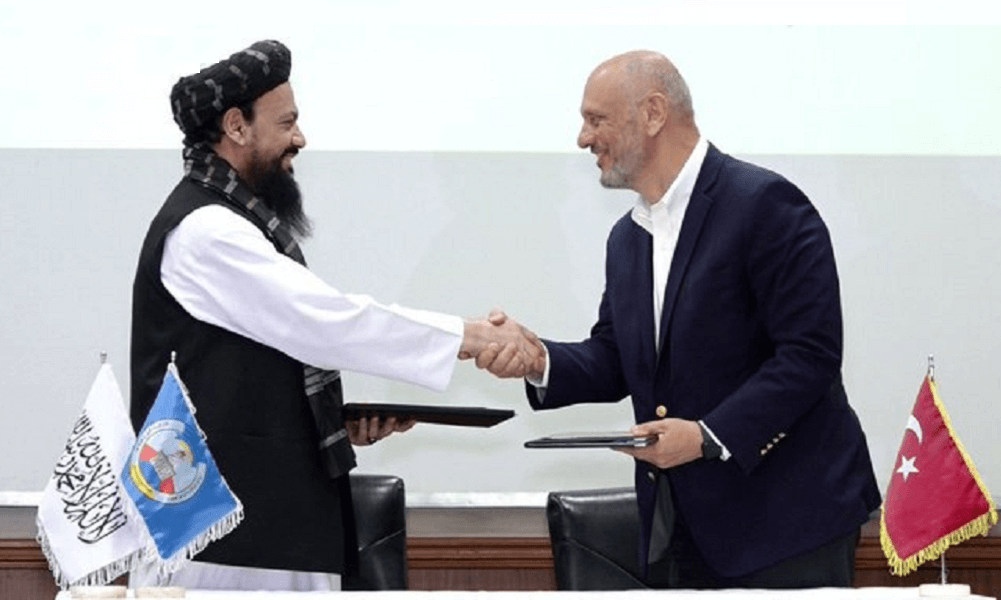 In continuation of the efforts to attract foreign investment in the country, the De facto government of Afghanistan’s (IEA) energy and water ministry signed a memorandum of cooperation in Kabul with a Turkish construction company, 77 Insaat, in order to produce 200 megawatts of electricity from wind sources in the west of Afghanistan.
In continuation of the efforts to attract foreign investment in the country, the De facto government of Afghanistan’s (IEA) energy and water ministry signed a memorandum of cooperation in Kabul with a Turkish construction company, 77 Insaat, in order to produce 200 megawatts of electricity from wind sources in the west of Afghanistan.
At the meeting, the Minister of Energy and Water, Abdul Latif Mansour, said that the western parts of the country are windy enough to produce electricity and that the contracting company has good experiences in building hydroelectric dams and in generating electricity from other sources.
Officials 77 Insaat meanwhile said that they have invested in various sectors of energy production in Afghanistan over the last ten years. According to them, now they intend to cooperate with the current government to produce energy from wind sources.
“We have implemented projects in the field of energy production in different regions of Afghanistan and we are trying to work more with Afghans and the De facto governmenthas full cooperation with the private sector,” said Suleyman Ciliv, the head of 77 Insaat.
Meanwhile, the officials of the ministry ask all domestic and foreign investors to invest in water dams and energy production in Afghanistan and they also provide facilities for investors in this field.
China Interested in Investing in Afghanistan's Lithium
The Ministry of Mines and Petroleum (MoMP) said that China and other countries are interested in investing in Afghanistan’s lithium resources.
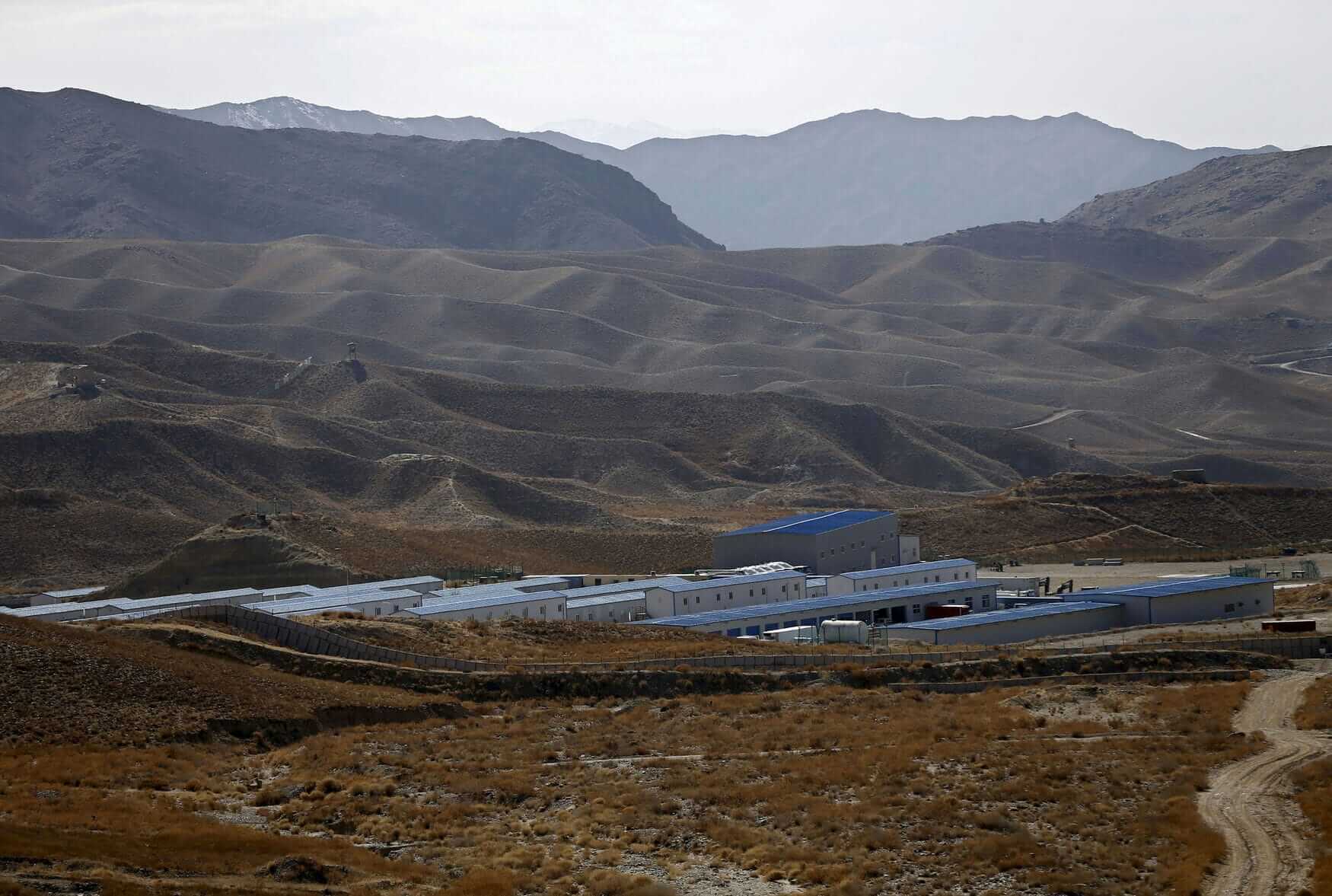
The majority of Afghanistan’s lithium is known to be in the provinces of Kunar, Nuristan, and Helmand, according to Homayoun Afghan, the ministry’s spokesman.
“A number of countries and investors have expressed interest in the lithium business in addition to the Chinese. The Chinese even said that they are prepared to invest $10 billion,” Afghan said.
The Islamic Emirate’s cabinet will handle the process of turning over the mining contracts, a spokesperson said.
“We have large reserves of lithium worldwide. Our country is on the global list of those countries that are rich in lithium, and our lithium reserves are to a large extent in Kunar, Nuristan and Helmand provinces,” Homayoun Afghan stated.
“China is the largest market for new energy vehicles in the world. Lithium is especially important for the electric vehicle industry,” said Sieyar Qurishi, an economist.
Many new technologies use lithium, particularly in the production of batteries.
Recent Afghanistan Economic Outlook
Join to our Newsletter
© 2023 Copyright AELSO.
© 2023 Copyright AELSO.